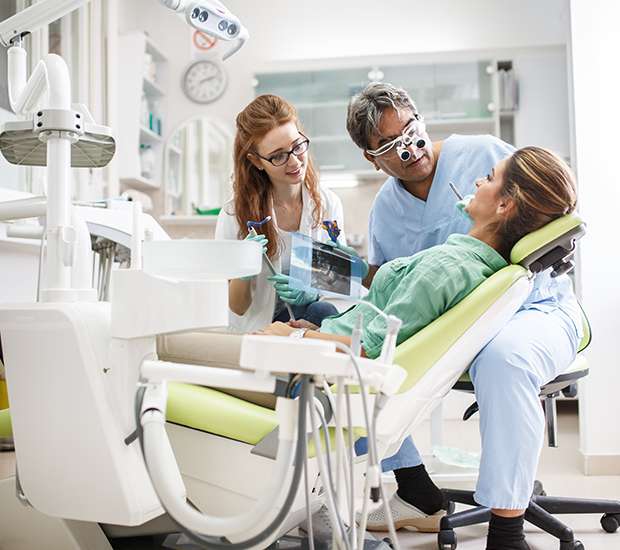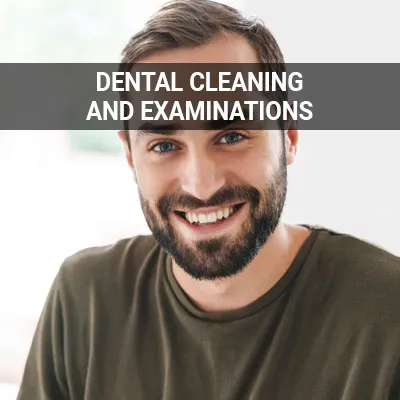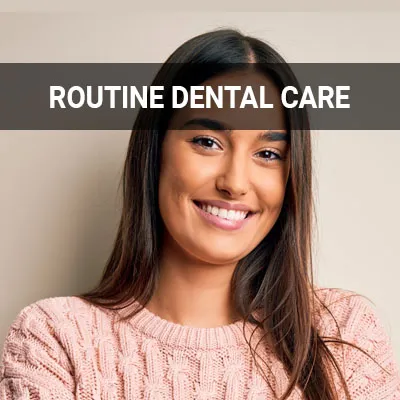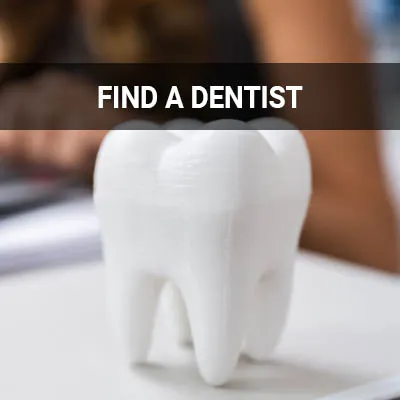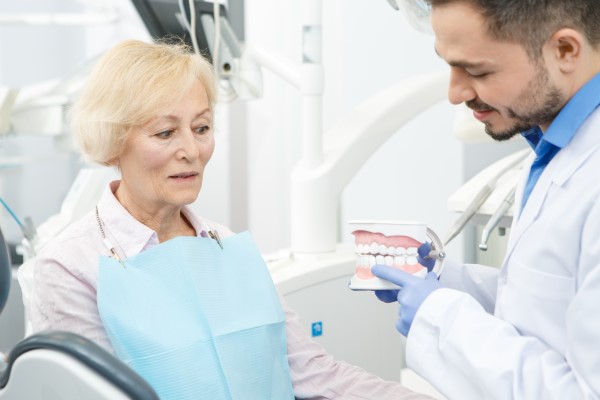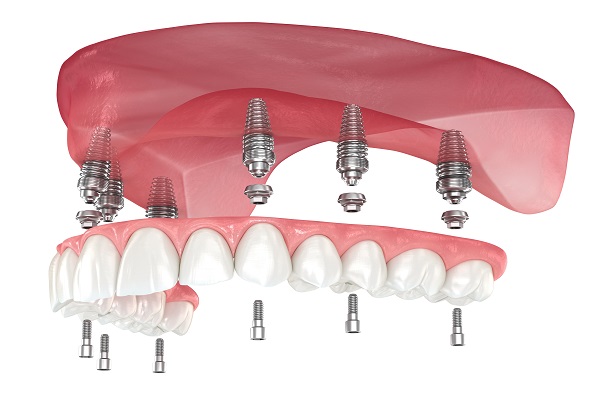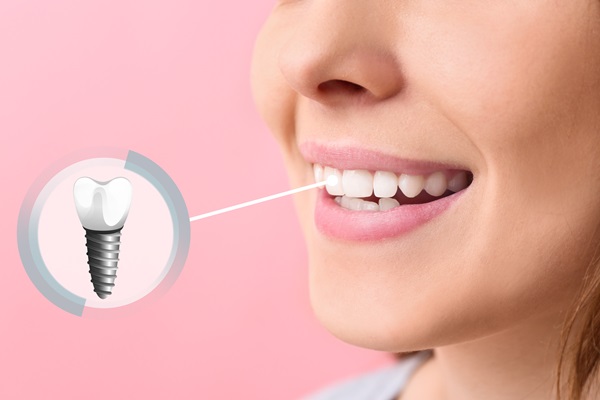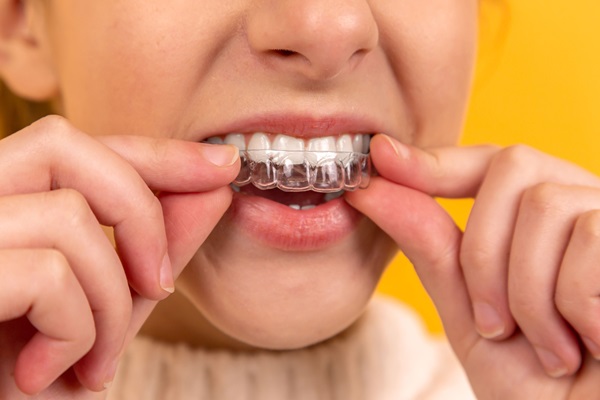Dental Procedures Thousand Oaks, CA
For many patients, dental procedures may help restore their quality of life. Issues with teeth and gums usually do not get better over time. Dental procedures are necessary to maintain your overall health.
Dental procedures are available at Los Robles General & Cosmetic Dental Center and the surrounding area. Going without proper dental treatment may severely hamper your quality of life. Call us today at (805) 409-0999 to learn more and schedule an appointment.
Who Needs Treatment
Keeping up with routine dental procedures is integral to maintaining one's oral health. Doing so can also help patients and their dentists catch any forming problems that require more involved attention. Patients may require various dental procedures (such as dental fillings, dental crowns, root canals, tooth replacements, root scaling and planing, and tooth extractions) if they are dealing with tooth decay, tooth damage, or gum disease. Many different factors can cause tooth damage, such as teeth grinding (bruxism) or trauma. Our qualified team works closely with our patients to provide them the best, individualized treatment plan.
“Patients may require various dental procedures … if they are dealing with tooth decay, tooth damage, or gum disease.”
Tooth Fillings
The standard protocol to treat a cavity involves removing the decayed portion of the tooth and filling the space left behind. However, according to WebMD, dentists may also utilize fillings to repair teeth that are cracked, broken, or otherwise damaged. Typically, the dentist will inject a local anesthetic into the area around the tooth and begin removing the decayed area with a drill, air abrasion instrument, or laser. The dentist will then clean the cavity of any remaining bacteria or debris in preparation for the filling. There are many different types of fillings available. Our team will help you decide the right type for you.
“… dentists may also utilize fillings to repair teeth that are cracked, broken, or otherwise damaged.”
Dental Crowns & Root Canal Treatments
Dental crowns, also known as "caps," are meant to protect and repair damaged or weak teeth. They may consist of different materials, such as metal or porcelain. They may enhance or restore a tooth's shape, size, strength, and appearance. Dental crowns may also help hold damaged teeth together and support teeth with large fillings where there is little remaining natural tooth left. Dentists may employ dental crowns to keep bridges in place, disguise misshapen or discolored teeth, or cover dental implants. Getting a dental crown requires at least two separate office visits, as the dentist will need to take X-rays, impressions, or scans to ensure the patient will have the correct fit.
Patients may need root canal treatment if the pulp of their teeth is inflamed or infected. This could be due to deep decay, excessive dental procedures, faulty crowns, or a crack or chip in the tooth. It is even possible for a tooth to have undergone trauma without any visible chips or cracks. Root canal treatment involves removing the inflamed or infected pulp, cleaning and disinfecting the inside of the tooth, and filling and sealing the remaining space. The dentist will then restore the tooth with either a crown or filling for protection. This will allow it to function like a natural tooth.
“Dental crowns, also known as “caps,” are meant to protect and repair damaged or weak teeth.”
Check out what others are saying about our dental services on Yelp: Dental Procedures in Thousand Oaks, CA
Tooth Replacement & Root Scaling and Planing
Replacing missing teeth is more than just an aesthetic matter. Over time, gaps in between teeth may negatively impact a patient's speech, eating, bite, and facial appearance. From trauma, decay, or genetic conditions, there are many different reasons a patient may be missing a tooth. Fortunately, effective replacement options are available. Some of the most common include dental implants, fixed dental bridges, and removable partial dentures. Our team works closely with our patients to determine which tooth replacement option is best for them.
Untreated gum disease often precipitates tooth loss. When it comes to treating this condition, early detection is key. As long as the disease has not yet reached the structures below the gum line, a root scaling and planing (also known as a deep tooth cleaning) may be able to reverse its effects. The procedure consists of the dentist removing all the plaque and tartar both above and below the gum line, then smoothing out the patient's teeth roots to assist the gums in reattaching to the teeth.
“Over time, gaps in between teeth may negatively impact a patient’s speech, eating, bite, and facial appearance.”
Questions Answered on This Page
Q. Why do I need routine dental treatment?
Q. Why might I need a dental crown?
Q. What tooth replacements options are available?
Q. What are some of the reasons one might need a tooth extraction?
People Also Ask
Q. What methods are available to repair a chipped tooth?
Q. What happens during a routine dental checkup?
Q. What does the dentist look for in a dental examination?
Tooth Extractions
Though wisdom tooth extractions are the most common, there are several other reasons patients may need to remove their teeth. These include but are not limited to crowding, excessive tooth decay, and tooth infection. While removing visible teeth is relatively simple, removing teeth that are below the surface, broken, or impacted may require a more involved procedure. In a simple extraction, the patient will receive a local anesthetic to numb the area while the dentist loosens and removes the tooth. In a more involved extraction, the patient may receive both local and intravenous (IV) anesthesia to render them unconscious throughout the procedure.
“Though wisdom tooth extractions are the most common, there are several other reasons patients may need to remove their teeth.”
Frequently Asked Questions
Q. How should I take care of my teeth after fillings?
A. Having a good oral hygiene regimen is integral to maintaining fillings. This involves seeing the dentist for routine dental procedures, brushing your teeth with a fluoride toothpaste daily, and flossing and rinsing with an antibacterial mouthwash daily.
Q. Do root canal treatments hurt?
A. It is a common myth that root canal treatments are particularly painful. In reality, getting a root canal is typically no worse than getting a filling. The conditions that necessitate a root canal treatment are generally the cause of any pain you may feel. Treatment will only make these symptoms better.
Q. How long will my dental crowns last?
A. This answer varies from patient to patient. Typically, dental crowns will last between five to 15 years. You can extend the lifespan of your dental crowns by maintaining a good oral hygiene routine and limiting the overexertion of your teeth.
Q. What is it like to recover from a root scaling and planing?
A. It is not uncommon to experience some discomfort for up to two days following a root scaling and planing. Your teeth may also feel particularly sensitive during this time, and your gums may be swollen, tender, and bleed. Our team will provide you with a customized recovery plan for this time. We will also schedule you for a follow-up appointment to make sure you are healing as you should.
Q. Should I call my dentist if I am still experiencing pain after my tooth extraction?
A. It is normal to feel some discomfort for the first 24 hours following a tooth extraction. You may also experience some swelling and bleeding. You should call our office immediately if four hours have passed since your procedure and these symptoms have not subsided.
Dental Terminology
Quality Dental Services Can Transform Your Smile
By visiting us as soon as possible, our team can help get you the professional treatment you need. Instead of waiting around and allowing the symptoms to get worse, we can provide you with stronger medication and treatment options instead of ineffective store-bought products.
Helpful Related Links
- American Dental Association (ADA). Glossary of Dental Clinical Terms. 2024
- American Academy of Cosmetic Dentistry® (AACD). Home Page. 2024
- WebMD. WebMD’s Oral Care Guide. 2024
About our business, license, and website security
- Los Robles General & Cosmetic Dental Center was established in 1994.
- We accept the following payment methods: American Express, Cash, Check, Discover, MasterCard, and Visa
- We serve patients from the following counties: Ventura County and Los Angeles County
- We serve patients from the following cities: Thousand Oaks, Westlake Village, West Hills, Woodland Hills, Encino, Sherman Oaks, Agoura Hills, Oak Park, Calabasas, Simi Valley, Malibu, Camarillo, Oxnard, Hidden Hills, Northridge, Newbury Park, and Moorpark
- CA (License #40244). View License Information and Specifics
- National Provider Identifier Database (1558385922). View NPI Registry Information
- Healthgrades. View Background Information and Reviews
- Norton Safe Web. View Details
- Trend Micro Site Safety Center. View Details
Back to top of Dental Procedures
